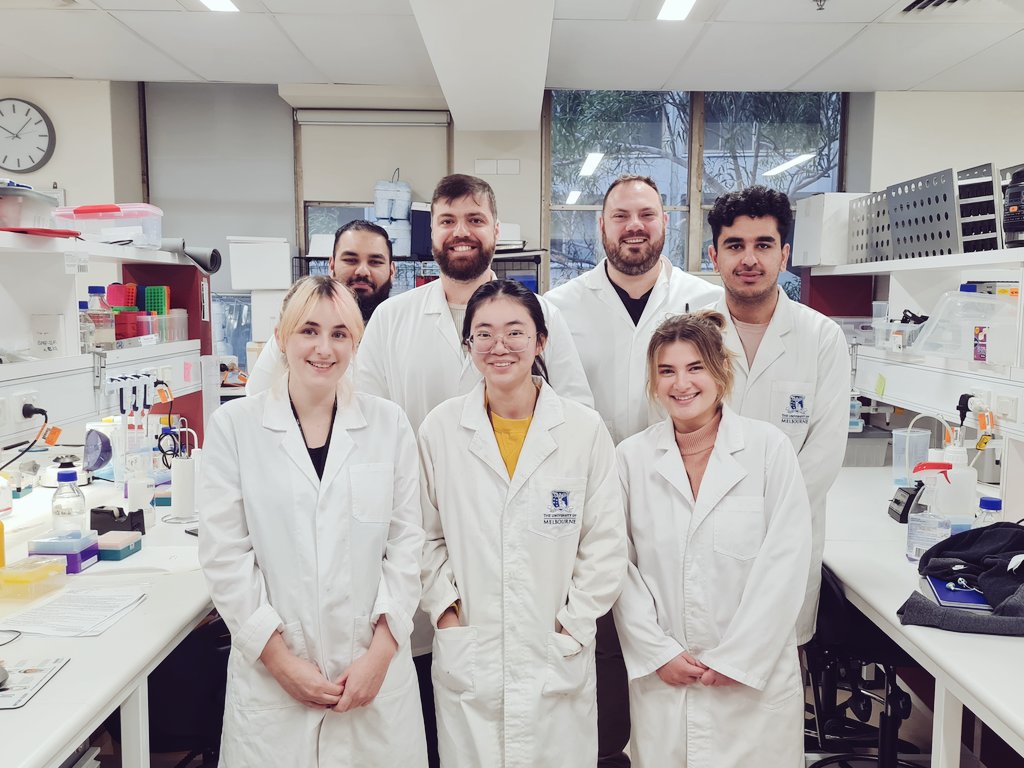The daily burden of living with diabetes can be significant. It’s estimated that people with diabetes face up to 180 diabetes-related decisions every day. That’s more than 65,000 extra decisions a year. These decisions can range from managing daily blood sugar levels, food intake and exercise to the management of serious diabetes complications.
The next major advance in understanding type 2 diabetes could be found not in the pancreas, muscle or liver as previously thought but in the brain.
Research funded through a National Health and Medical Research Council (NHMRC) Ideas Grant, will examine how our brains coordinate the sugar (glucose) levels in our blood. This could lead to new pharmacological treatments for type 2 diabetes and a revolutionary understanding of the disease.
Dr Garron Dodd runs the metabolic neuroscience laboratory at the University of Melbourne and has been awarded a four-year $1,068,283 grant to fund his team to investigate an entirely new direction on what causes type 2 diabetes and how it can be treated.

Type 2 diabetes is the result of the body not responding appropriately to the hormone insulin. When this occurs, we are said to be “insulin resistant”. Current treatments for type 2 diabetes aren’t effective over the long term and as such there is a desperate need to develop novel treatments.
The answers as to why we become insulin resistant and develop type 2 diabetes could lie within the brain.
'The brain plays a critical role in coordinating metabolism – from controlling how much fat we store to how much food we eat,' said Dr Dodd.
'This work focuses on the amazing role that the brain plays in metabolism and identifies a completely new way in which the brain regulates blood glucose levels.
'Previous research has focused on neurons which are the main cells that make up the brain. For the first time, we have found that the extracellular matrix, which is the environment between the neurons, changes during the development of type 2 diabetes and impairs how the body manages blood glucose levels.
'This grant will help us advance a totally new way of treating type 2 diabetes. Identifying how the brain is affected in type 2 diabetes will revolutionise how we understand the disease and will offer unprecedented avenues for designing novel treatments.
'Our aim is to identify new therapeutic targets that can be translated in the clinic to treat patients.'
Find out more about Dr Garron Dodd’s research.